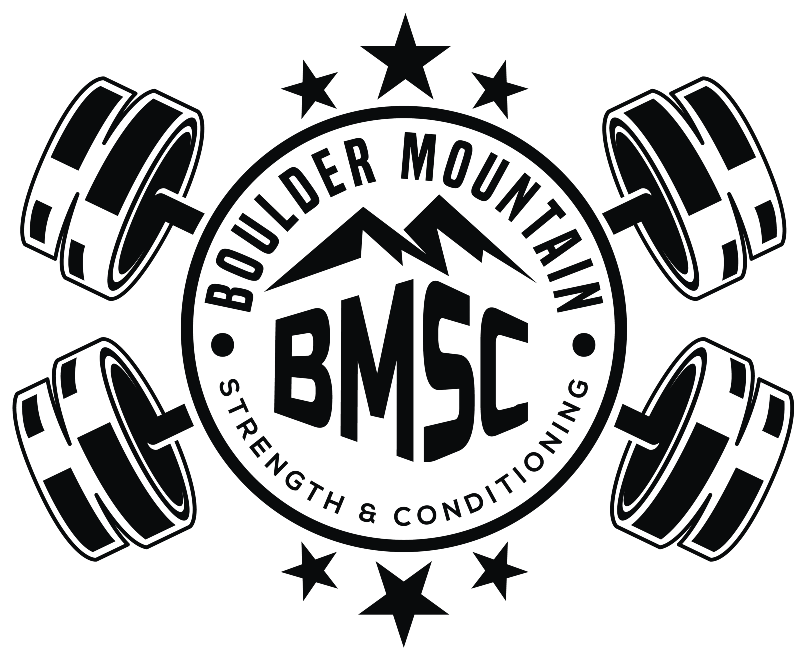Why Women Need to Lift Heavy After 40
Dr. Stacy Sims, an exercise physiologist and nutrition scientist, is a strong voice in changing the way women think about fitness as they age. She’s well known for saying, “Women are not small men,” meaning that women have different physiology and hormonal needs—especially during and after menopause. One of the biggest changes she advocates for is moving away from endless cardio and instead focusing on lifting heavy weights with high intensity and low volume.
As women go through perimenopause and menopause, their levels of estrogen and progesterone drop. This hormonal shift makes it harder to build and keep muscle, and it often leads to increased fat storage—especially around the belly. Many women respond by doing more cardio, thinking it’ll help them lose weight. But Dr. Sims points out that too much cardio can actually make things worse by increasing stress hormones, breaking down muscle, and slowing metabolism.
Instead, she recommends heavy resistance training—lifting weights that are challenging for just a few reps (think 3 to 6 reps per set). This kind of training helps maintain or even build muscle and bone strength, which naturally decline with age. It also helps improve metabolism, blood sugar control, and overall body composition. In other words, it helps women get leaner, stronger, and healthier, not just lighter on the scale.
Another key reason Dr. Sims supports this style of training is because it’s efficient and effective. You don’t need long sessions—just a few focused workouts per week using big, compound movements like squats, deadlifts, presses, and rows. These exercises work multiple muscle groups at once and stimulate both strength and power. This kind of training also creates a lasting calorie burn even after the workout is done.
Beyond the physical benefits, Dr. Sims also talks about the mental boost women get from strength training. Lifting heavy builds confidence, helps regulate mood, and gives a sense of control during a time of life when many women feel like their bodies are changing in ways they can’t control.
In short, Dr. Sims encourages aging women to train smarter, not longer. Instead of more cardio and more volume, she recommends lifting heavier weights for fewer reps, allowing for proper recovery, and eating enough protein to support muscle and hormone health. Her message is clear: resistance training isn’t just about fitness—it’s one of the most powerful tools women have to stay strong, healthy, and independent as they age.
